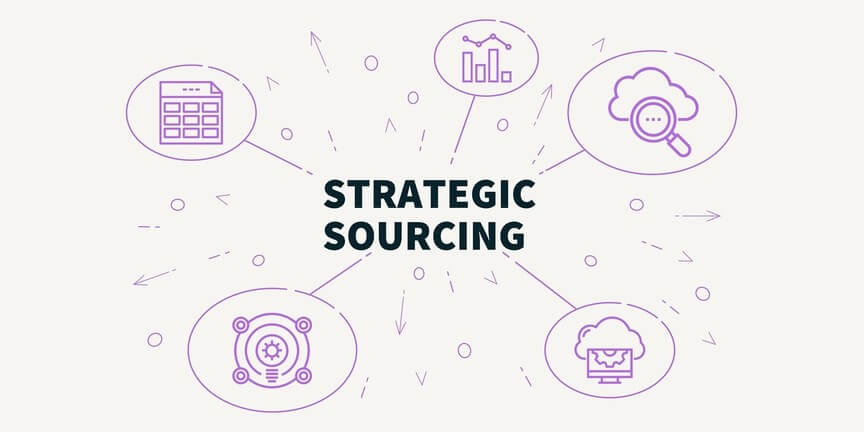

Every business requires external input to serve the needs of its customers and meet its strategic objectives. It is therefore a strategic business imperative to ensure that these inputs are competitively and sustainably sourced.

Outsourcing is a powerful tool that can be used to improve performance, optimise costs, and refocus on core competencies.

Hyper-competition and the need to reduce costs has compelled organisations to outsource non-core activities and progressively specialise in defined areas of competencies.

Outsourcing emerged in the 1950s, but it wasn’t until the 1980s that it began to be perceived as an attractive business strategy.

Risk is an event that is capable of impeding procurement from achieving functional and business objectives. There is risk in every supply relationship, without these risks it is difficult to achieve enhanced value.

The Brundtland Report, a 1987 document published by the United Nations’ World Commission on Environment and Development focused the human mind on the impact our consumption patterns

Current trends and challenges Great strategy paper from our friends at Stafforce, giving an overview into the UK’s labour market and their solutions to current industry challenges. Click this link to download strategy paper

Throughout history, the need to acquire goods and materials through a formal transaction process is well documented.

As 29th March 2019 approaches, businesses are defining and deploying their “Brexit Strategy”.